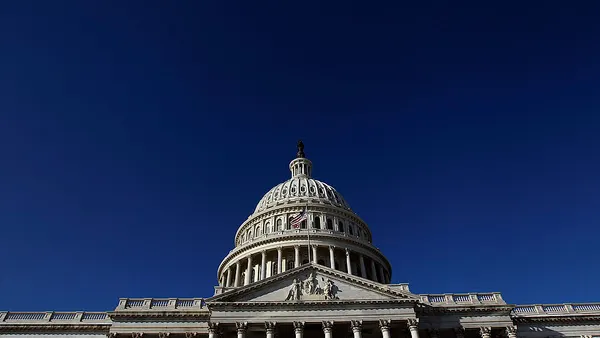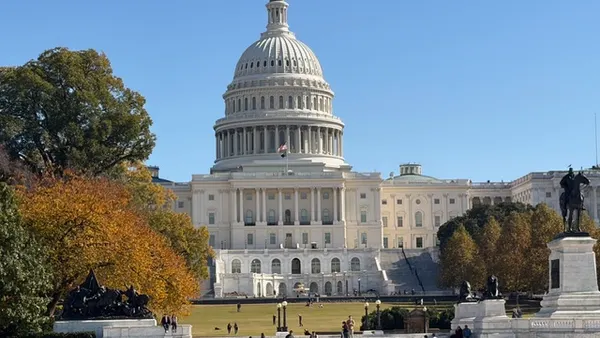Dive Brief:
- A group of UnitedHealth shareholders have pulled a plan to require the massive insurance company to analyze the impact of healthcare delays and denials after UnitedHealth challenged the proposal.
- The shareholders, members of the faith-based investor coalition the Interfaith Center on Corporate Responsibility, had hoped UnitedHealth would allow the proposal to come to a vote at its annual shareholder meeting in June. However, UnitedHealth moved to block it — twice, thanks to the introduction of new Securities Exchange Commission guidance that allowed for a second challenge.
- “To protect the possibility of reintroducing the proposal next year, proponents made the difficult decision to withdraw,” a spokesperson for the shareholders said.
Dive Insight:
The proposal announced in January would have required UnitedHealth to publish a report on how its business practices like prior authorization could be restricting access to healthcare, worsening medical outcomes, harming public health and potentially creating long-term economic risks by increasing consumer debt and reducing workforce productivity.
Company shareholders were set to weigh in on the plan until UnitedHealth submitted a “no-action” request to the SEC in January which, if approved, would have allowed the company to stop it from coming to a vote.
Less than two weeks later, the SEC issued new guidance in a mid-season legal bulletin, a move that created a loophole allowing UnitedHealth to subsequently file a second no-action request, according to the shareholders.
“Applying new guidance to previously submitted proposals in this manner unfairly penalizes investors who have followed the SEC’s guidance in good faith,” said Timnit Ghermay, a representative of the Sisters of the Holy Names of Jesus and Mary, a Quebec-based group that led the filing.
Ghermay added that the bulletin and UnitedHealth’s challenges “disenfranchise investors of their rights to put forward questions of material risk to their fellow shareholders.”
UnitedHealth is a massive healthcare conglomerate that operates the largest private insurer in the U.S., called UnitedHealthcare, along with a major physician network and pharmacy benefit manager. The company has faced intense criticism, including from lawmakers, antitrust regulators and patients, for its market dominance in numerous facets of the healthcare industry and alleged profiteering, including by using algorithms to improperly deny care for seniors.
This simmering discontent boiled over late last year with the killing of UnitedHealthcare CEO Brian Thompson, an event that appears to have been motivated by anger over insurers’ policies that prevent necessary medical care. Though the crime was widely condemned by stakeholders in the healthcare industry, it was celebrated in certain corners of social media.
The shooting and its aftershocks have sparked a reckoning for health insurers, many of which — including UnitedHealthcare — have since announced reform meant to make their plans more consumer-friendly.













